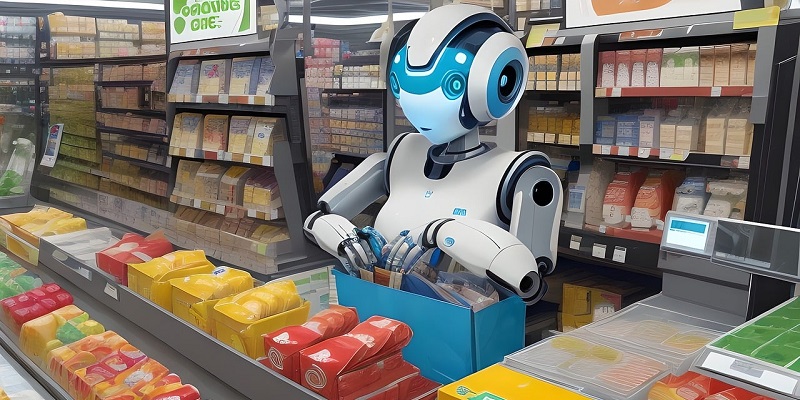In today’s fast-paced digital world, AI is at the forefront of transforming customer engagement and personalization. Its ability to enable businesses to deliver tailored experiences and responses to individual customer preferences on a large scale is reshaping the way companies interact with their customers. This article explores the power of AI-driven customer engagement and personalization, focusing on Twilio Segment’s CustomerAI platform.
The shift towards system-centricity
Unfortunately, many companies have become trapped in a system-centric approach rather than being truly customer-centric. The proliferation of tech stacks and patchwork solutions has led to fragmented data and an incomplete view of the customer. Consequently, businesses are struggling to provide seamless and cohesive experiences across various touchpoints, resulting in disjointed interactions. To overcome these challenges, organizations need to embrace AI-driven solutions like CustomerAI.
The power of Customer AI
CustomerAI offers brands the opportunity to expand their perception of customer data and activate it more extensively. By utilizing advanced AI algorithms, businesses can gain a deeper understanding of their customers and make data-driven decisions. With a complete and unified view of the customer, companies can create more personalized and relevant experiences, which in turn leads to improved customer satisfaction, loyalty, and ultimately increased revenue.
Customer AI predictions for targeted marketing
One of the key features of CustomerAI is the Predictions capability. This functionality allows marketers to create precisely targeted audiences based on various customer attributes. By leveraging predictive analytics, marketers can not only trigger customer journeys but also personalize multichannel experiences. Whether it’s predicting a customer’s lifetime value, likelihood to purchase or churn, or propensity to perform any other tracked event, CustomerAI Predictions enables marketers to deliver highly personalized and impactful campaigns.
Trends in AI personalization
AI-based personalization is revolutionizing how brands engage with their customers. Four notable trends in this space include personalized product recommendations, behavior-based email campaigns, dynamic website content, and predictive customer segmentation. By leveraging AI algorithms, businesses can deliver tailored and relevant content at every touchpoint, enhancing the overall customer experience and driving conversion rates.
The Importance of Quality Customer Data
It’s important to note that the effectiveness of AI-driven personalization relies heavily on the quality of customer data. Customer data acts as the fuel that powers AI algorithms, enabling businesses to extract valuable insights and make accurate predictions. Without reliable and comprehensive customer data, AI initiatives can fall short of their potential. Therefore, organizations must prioritize data quality, ensuring that they collect, store, and process customer data in a secure and ethical manner.
The benefits of generative AI
Looking ahead, generative AI is poised to become a game-changer in customer engagement and personalization. This cutting-edge technology utilizes machine learning models to create original, high-quality content such as product descriptions, email subject lines, and social media posts. By automating content creation, marketers can save precious time, boost productivity, and optimize their marketing efforts for stronger results.
Twilio Segment’s Involvement in the AI & Big Data Expo Europe 2023
Twilio Segment is a leading player in the AI and big data space, and the company is excited to participate in the upcoming AI & Big Data Expo Europe 2023. With a strong presence at stand 242, Twilio Segment aims to showcase its innovative solutions and highlight the transformative power of AI in customer engagement and personalization.
Panel discussion on the future of AI-enabled experiences
Arthur Viegers, SVP of Global Engineering at Twilio Segment, will be a valuable contributor to a panel discussion on “The Future of AI-Enabled Experiences.” This discussion will bring together industry experts to explore the potential of AI in shaping the future of customer engagement, personalization, and overall customer experiences. With insights from leaders like Arthur Viegers, the panel aims to shed light on the exciting possibilities that lie ahead.
AI is revolutionizing customer engagement and personalization, enabling businesses to deliver customized experiences and responses based on individual customer preferences at scale. Twilio Segment’s CustomerAI platform empowers brands to leverage the power of AI, enhance their understanding of customer data, and effectively activate it. By embracing AI personalization trends, organizations can enhance customer experiences, foster loyalty, and achieve greater business success. With the right data, insights, and tools, AI-driven experiences have the potential to unlock countless opportunities for businesses in the digital age.

